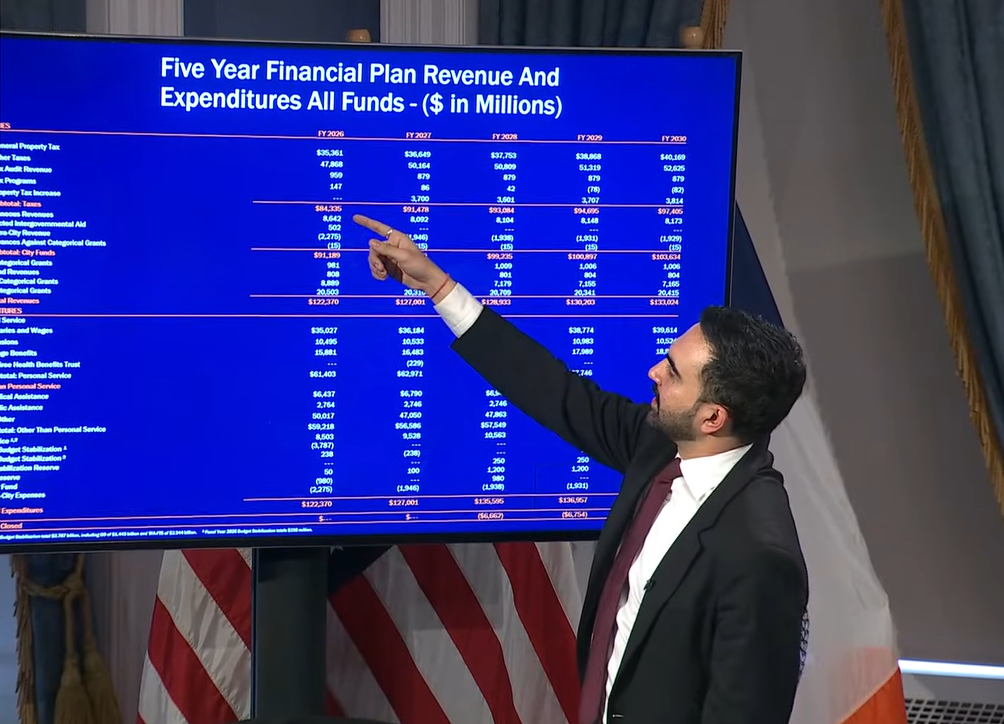As of Monday, Maine has adopted a new standard for who can be considered an independent contractor for Workers’ Compensation, unemployment insurance and other purposes.
Until this week, the Maine Department of Labor, the Maine Workers’ Compensation Board and Maine Revenue Services each had different standards for who can be considered an independent contractor. This caused confusion for businesses, some who may have been told by one agency that their independent contractors were legitimate while another cited them for worker misclassification, according to Julie Rabinowitz, a spokeswoman for the labor department.
As a result of legislation passed last spring, the labor department and workers’ comp board changed their definitions to closely align with MRS’ definition, which is already aligned with the federal IRS definition, Rabinowitz said. The new standard will be the same across unemployment, wage and hour and workers’ compensation laws.
“Under the old rules, a business could have a worker classified as an employee under worker’s comp, but as an independent contractor for unemployment taxes,” Jeanne Paquette, Maine’s labor commissioner, said in a statement. “That made no sense, so the administration and many interested parties from all sides came to the table and worked out a better definition that both the Department of Labor and the Worker’s Compensation Board will apply consistently.”
The construction industry is most affected by the change, as it has a large number of people who work for themselves and a high rate of work-related injuries, Rabinowitz said.
Charlie Huntington, owner of I&S Insulation in Wiscasset and past president of the Maine Builders and Contractors Alliance, said the state agencies agreeing on one definition will reduce confusion for employers and independent contractors. However, he said it doesn’t do anything to address the real issue of worker misclassification, which leaves workers without workers’ comp insurance, costs the state lost tax revenue and allows employers who misclassify workers on purpose to have an unfair advantage over businesses following the law.
“I think there are bigger issues on the table,” Huntington said. “This current change I don’t see as being that major. We’re talking a little detail change here relative to somebody not being covered at all [by workers’ comp insurance].”
Worker misclassification occurs when an employer classifies a worker as an independent contractor rather than an employee, and so avoids worker compensation insurance costs, unemployment insurance costs and, going forward, the Affordable Care Act’s employer mandate.
The new law institutes stiffer penalties as a disincentive to intentionally misclassify workers. An employer caught misclassifying workers is now subject to as much as $20,000 in penalties; up to $10,000 from both the labor department and the workers’ comp board, Rabinowitz said.
“Once you’ve been found in violation of one, you’re in violation on both sides of the house,” Rabinowitz said.
The stiffer penalties offer another tool for Maine’s workers’ comp and unemployment insurance fraud investigators, Rabinowitz said. They’ll also be important as the Affordable Care Act’s employer mandate takes effect in January 2014. That mandate requires businesses that have more than 50 full-time-equivalent employees in the preceding year to offer a certain level of health insurance coverage or face a penalty.
“[The ACA] is going to significantly affect the way employers hire and make hiring decisions, and it definitely increases the desire to hire more independent contractors and the temptation to misclassify them,” she said.
Another thing businesses need to keep in mind, Rabinowitz said, is that the Department of Labor’s old standard — known as the ABC test — has not totally disappeared. That standard is still relevant if, for example, the department audits a business for past years and finds an employee was misclassified under the old standard.
For more information, including more specifics about the new independent contractor criteria, visit the Department of Labor’s website.
—————–
Copyright 2013 – Bangor Daily News, Maine
Thanks for reading CPA Practice Advisor!
Subscribe Already registered? Log In
Need more information? Read the FAQs
Tags: Accounting, Income Taxes, Software



